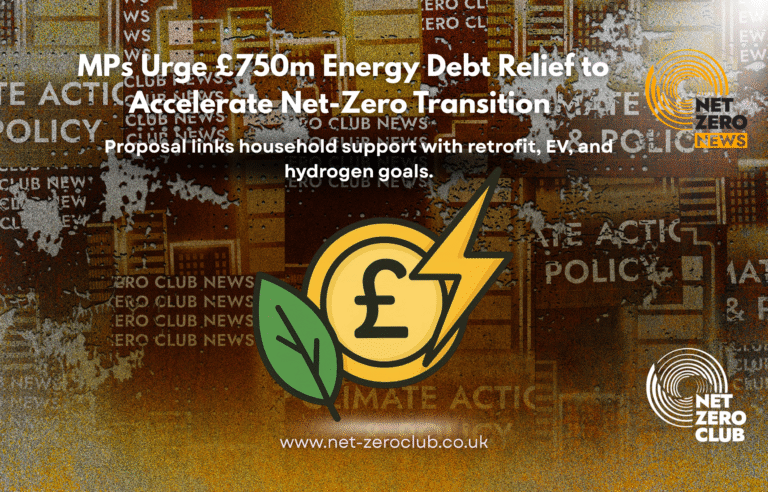European Parliament Approves Diluted 2040 Climate Target

Hello, Champions of Net Zero!
In a significant move towards combating climate change, the European Parliament has recently approved a proposal that sets a binding target for the European Union (EU) to reduce greenhouse gas emissions by 90% by the year 2040. This ambitious goal is seen as a crucial step in the EU’s ongoing efforts to tackle the global climate crisis, but it has sparked a heated debate regarding its implications and the methods employed to achieve it.
The proposal, which closely mirrors the position endorsed by EU governments earlier this month, outlines a pathway for reducing domestic emissions by 85% relative to 1990 levels. Interestingly, it also allows for the EU to outsource a portion of its climate responsibilities—specifically, 5 percentage points—by purchasing international carbon offsets. This aspect of the proposal has drawn criticism and concern from various environmental groups and policymakers, who argue that relying on offsets could undermine the integrity of the EU’s climate commitments.
During the vote, a majority of Members of the European Parliament (MEPs) expressed their support for the controversial target, with 379 votes in favour, 248 against, and 10 abstentions. The backing for this climate goal came from several political groups, including the centre-left Socialists & Democrats, the liberal Renew Europe, the Greens, and parts of the centre-right European People’s Party. However, opposition was staunch from the European Conservatives and Reformists, as well as far-right factions such as the Patriots of Europe and Europe of Sovereign Nations, who voiced their disapproval of the target.
In addition to adopting the climate goal, MEPs also approved amendments that aim to ensure that any carbon credits used to help meet this target are responsibly regulated. These amendments call for carbon credits to deliver genuine emissions reductions, to avoid causing environmental harm, and to protect investments in clean technologies within Europe. This regulatory framework is seen as essential to maintaining the credibility of the EU’s climate strategy and ensuring that the intended environmental benefits are realised.
The legislation now moves forward to inter-institutional negotiations between the European Parliament and the Council of the EU before it can be enacted into law. This next phase will be crucial in determining how the ambitious targets are translated into actionable policies and regulatory frameworks, as well as how to address the concerns raised by various stakeholders regarding the reliance on carbon offsets.
As the world grapples with the urgent need to mitigate climate change, the EU’s commitment to a 90% reduction in emissions by 2040 represents a bold step forward. However, it also raises important questions about the methods we choose to employ in our fight against climate change. Will we prioritise domestic reductions and invest in clean technologies, or will we rely on external measures that may not deliver the necessary impact? These are the challenges that lie ahead for policymakers, environmental advocates, and all members of society who are committed to achieving a sustainable and resilient future.
The implications of the EU’s decision extend beyond its borders, as the bloc plays a pivotal role on the global stage in climate negotiations and environmental leadership. The success or failure of this ambitious target will not only influence the EU’s own climate strategy but will also serve as a reference point for other nations striving to achieve their own climate goals.
As we look forward to the forthcoming negotiations and the implementation of this legislation, it is essential for all stakeholders, including businesses, civil society, and citizens, to actively engage in the conversation surrounding climate action. Collective efforts will be necessary to ensure that the EU’s climate goals translate into meaningful change and contribute to the broader fight against climate change.
In conclusion, while the adoption of a binding 2040 climate target is a crucial milestone, it is equally important to closely scrutinise the methods by which we intend to achieve these goals. The EU’s approach must balance ambition with accountability, ensuring that we are genuinely reducing emissions and advancing towards a sustainable future for all. Together, let us continue to champion ambitious climate action and hold our leaders accountable for their commitments to the planet.
Stay tuned for more updates as we follow the progress of the EU’s climate legislation and its implications for our collective journey towards a net-zero future.

 Got net-zero news, project updates, or product launches to share?
Got net-zero news, project updates, or product launches to share? 

